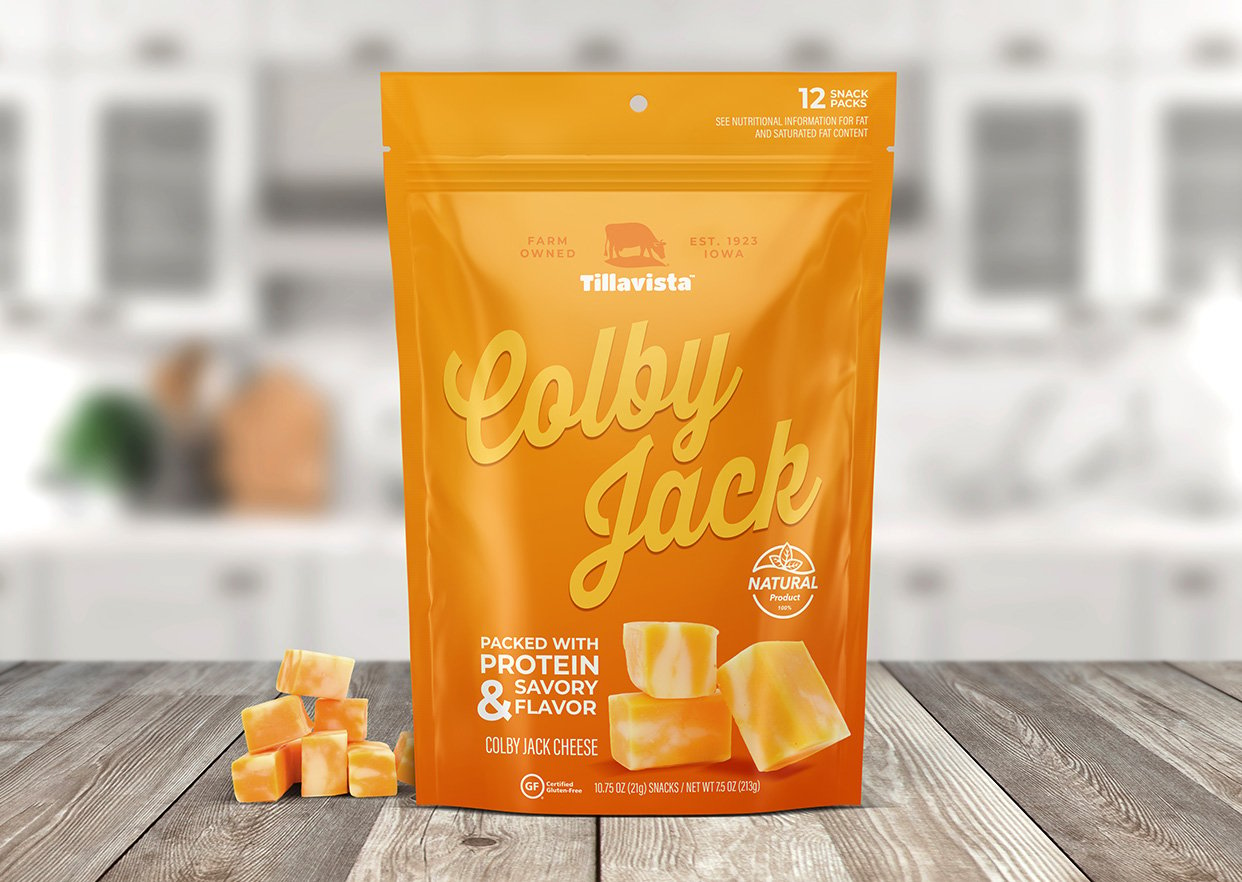In the past, inventory management and supply chain management were complex, laborious and time-consuming. But with radio frequency identification (RFID) technology, companies are now able to reduce losses and errors, improve compliance and safety, and enhance business productivity.
Sometimes referred to as “smart labels,” RFID tags use radio waves to identify inventory items and communicate that information to digital devices for tracking and monitoring. With RFID technology evolving quickly, it's important to understand how RFID tags work and how they can be used in different industries.
How does RFID work in a warehouse?
RFID tags can store information ranging from serial numbers and short product descriptions to entire pages of data. They then use radio waves to transmit this data to a reader device, which is connected to a computer system that can process and interpret the information. The reader can be either handheld or fixed, depending on the application and use case. The speed, accuracy and adaptability of radio frequency identification has led to the rapid adoption of RFID tags in multiple industries.
How are RFID tags used in manufacturing?
Incorporating RFID tags into the manufacturing process improves automation and visibility within a production line. RFID tags enable the tracking of parts and products throughout the entire production process and offer real-time monitoring of inventory levels. Integrating RFID technology with production line processes helps companies reduce scrap, eliminate product recalls and improve productivity by reducing equipment issues.
How is RFID used in logistics?
RFID logistics solutions are of great benefit to the transportation industry. RFID in logistics commonly involves the use of RFID tags to track packages and shipments as they move through different stages of delivery. Radio frequency identification technology helps logistics companies manage their fleets more efficiently and improve the accuracy of their deliveries. For example, RFID tags on vehicles allow for remote monitoring of their location, fuel levels and maintenance needs.
What is RFID for inventory?
In inventory management, RFID tags play a pivotal role in improving accuracy, efficiency and responsiveness. Unlike traditional barcodes, RFID tags can be read remotely and in bulk, enabling instant updates to stock levels without line-of-sight scanning. RFID readers allow users to monitor product movement, reconcile discrepancies and optimize storage layouts. RFID technology also supports cycle counting and replenishment workflows, helping businesses maintain lean inventories while avoiding stockouts. The result is a more agile operation with better data to inform purchasing and fulfillment decisions.
What is RFID in packaging?
RFID technology is increasingly embedded into product packaging to streamline tracking and enhance supply chain visibility. By integrating RFID tags directly into cartons, labels or even individual units, businesses can automate identification and reduce manual scanning. Using RFID for logistics in this manner allows for faster throughput of packages at distribution centers and improves accuracy during receiving and shipping. Then, at the point of sale in a retail environment, RFID-enabled packaging supports real-time inventory updates and helps prevent shrinkage by triggering alerts when RFID-tagged items leave designated zones without proper checkout.

How is RFID technology used in healthcare?
The healthcare sector is also benefitting from the use of RFID technology. Many hospitals are using RFID tags to manage medical supplies and equipment. Hospitals can tag medical equipment – such as IV poles, defibrillators and wheelchairs – to ensure they are located quickly when needed. RFID tags can even help reduce the spread of infections by tracking the movement of medical equipment in real time and ensuring it is properly disinfected before use.

How are RFID tags used in retail?
Another industry that has embraced RFID technology is retail. Manual counts and barcodes have historically been used by retailers for tracking inventory levels and asset movement. However, this is a time-consuming process and invariably leads to errors in data entry.
As mentioned above, radio frequency identification tags are highly beneficial for retail companies. The use of so-called smart labels is proven to improve inventory accuracy while reducing time-consuming tasks and increasing business productivity and profitability.
- RFID tags help retailers keep track of their inventory levels in real time, allowing them to know exactly how much stock they have, where the items are located, and when they need to reorder. Retail companies have reported accuracy rates of more than 99% as compared to the industry standard of 65%.
- With real-time tracking available, retailers can move away from stock audits. Operations managers can make informed decisions based on accurate inventory data, allowing better stock allocation and reducing the cost of overproduction.
- Radio frequency identification technology is also used to prevent theft by sounding an alarm when an item with an active RFID tag passes through exit doors that are equipped with RFID readers. RFID tags can even help retailers reduce waiting times for customers and improve overall customer satisfaction.

Clearly, radio frequency identification has proven itself to be a powerful tool. In fact, companies that don’t adopt RFID technology may struggle to compete with those that do. The applications of RFID tags are so vast and so varied that RFID technology will soon be essential to staying ahead of the competition. Companies that embrace RFID tags now will reap the benefits in years to come.
Taylor: Your source for RFID logistics solutions
As a recognized leader in the packaging and labeling category, Taylor supports the most powerful technology in asset management today: RFID for logistics.
Everything you need to incorporate radio frequency identification technology and RFID tags into your operation can be sourced through Taylor. We will consult with you up front and help you choose from the many options available to you:
- Low frequency, high frequency and ultra-high frequency RFID systems
- Active, passive and semi-active (semi-passive) tags
- Hundreds of tag materials including BOPP, PET and DT film and paper
- Antennas, RFID readers, printer encoder systems, label stock and more
Learn how RFID tags from Taylor can reduce your errors and losses, improve compliance and safety, and streamline your operations. Contact Taylor to learn more about our expertise with RFID technology for inventory and logistics.
.jpg?width=1200&height=600&name=Blog%20Hero%20Image%20%E2%80%93%20RFID%20(1).jpg)







